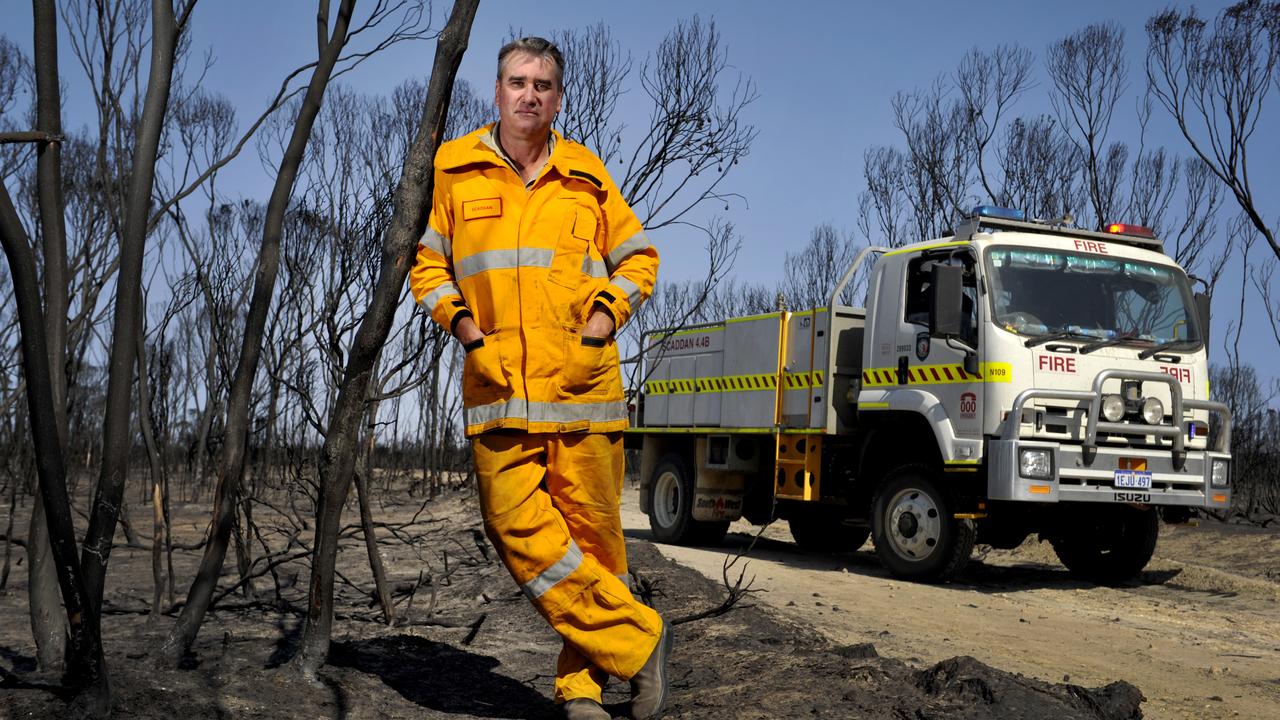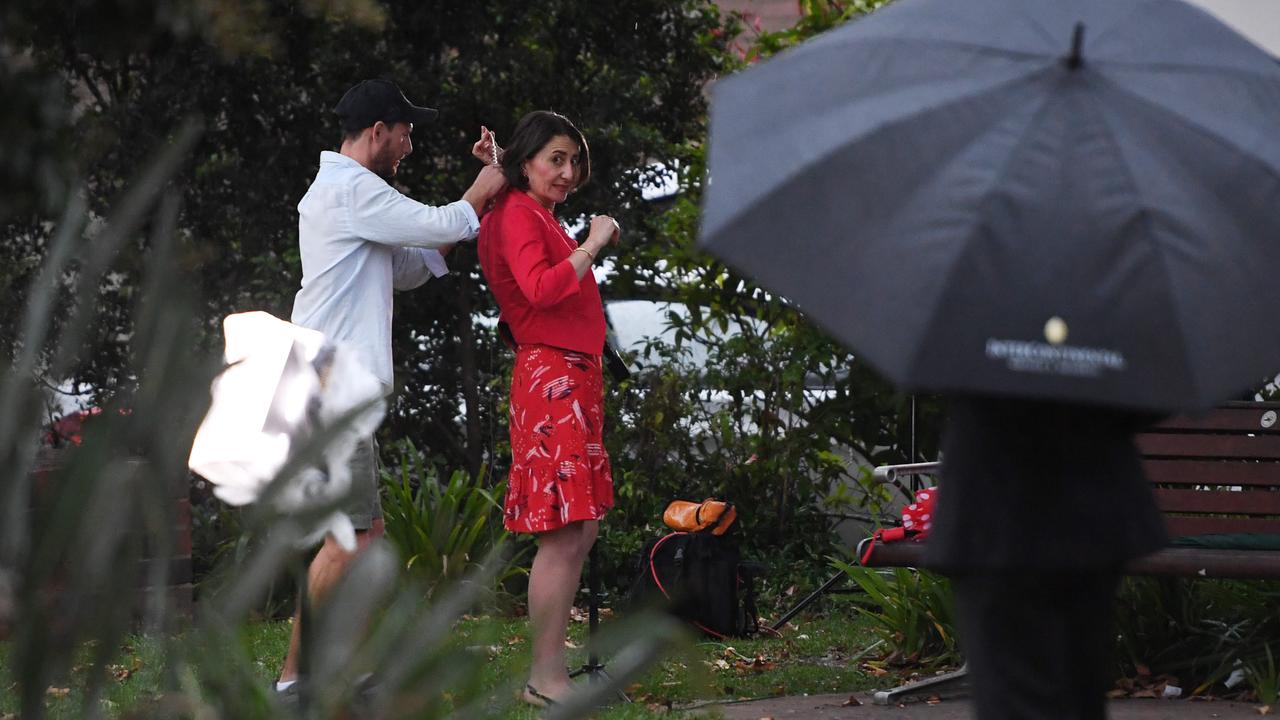Federal credit rating warning disquiets Gladys Berejiklian
NSW Treasurer Gladys Berejiklian said warnings about the federal government’s credit rating were concerning.

NSW Treasurer Gladys Berejiklian said warnings about the federal government’s credit rating were concerning, after Moody’s and S&P flagged that they would closely scrutinise the government’s ability, or inability, to pass budget measures in next week’s budget update.
Speaking after presenting a $259.9 million jump in the expected NSW budget surplus to about $4 billion for this financial year, Ms Berejiklian said the federal government keeping its AAA rating was “important for the nation but it’s also important for NSW”.
“We believe we can stand on our own but the credit rating is dependent on the federal government as well,” said Ms Berejiklian, who The Australian revealed had been quietly lobbying agencies.
Moody’s on Friday reaffirmed the state’s AAA rating, on the back of strong economic growth and a slowing growth rate of expenditures, but NSW’s ratings are dependent on Australia’s, which was placed by S&P on a “negative watch” in July, with economic indicators deteriorating across the country.
Ms Berejiklian, as part of the state’s half-year economic review, said NSW would lose an extra $815m in GST revenues than estimated in June because of how the tax was distributed, a “perverse disincentive” for governments that are “disciplined”.
By the end of the decade, the 2019-20 financial year, NSW consumers will pay $23.7bn in GST but the state government will receive only $17.8bn in return.
“This is by far the most any state has given to the other states in the history of the GST,” Ms Berejiklian said, with $17.8bn distributed from NSW consumers to other states over four years.
“NSW is being penalised for taking the hard decisions and having the nation’s strongest economy while other states are rewarded for not introducing stronger fiscal management or economic reform.”
The majority of that amount, $5.7bn, will flow to Queensland, Treasury estimates say; $5.3bn will go to the Northern Territory and $4.4bn to South Australia.
“NSW has long believed that an equal per-capita system, supplemented by commonwealth ‘top-up’ payments to smaller states to ensure they are no worse off, would be a fairer and more efficient method of distributing GST,” Ms Berejiklian said. Despite the positive fiscal result, Labor’s Treasury spokesman, Ryan Park, accused the government of having the wrong priorities and failing to properly fund schools and other services.
“Schools are falling apart and classrooms are at bursting point yet there has been no announcement to expedite funding to start addressing the crisis in our classrooms,” Mr Park said.
“Ms Berejiklian is running an unsustainable sugar rush economy that is reliant on an asset fire sale and stamp duty revenue. It’s a short-term plan for a short-term budget high.”
Forward estimates show expense growth outpacing revenue growth from the next financial year, with revenues forecast to fall 0.3 per cent in 2018-19.
Earlier this month, the Baird government began the sales process for a long-term lease over 50.4 per cent of Endeavour Energy, the last of three publicly owned electricity assets to be privatised to finance infrastructure works.



To join the conversation, please log in. Don't have an account? Register
Join the conversation, you are commenting as Logout